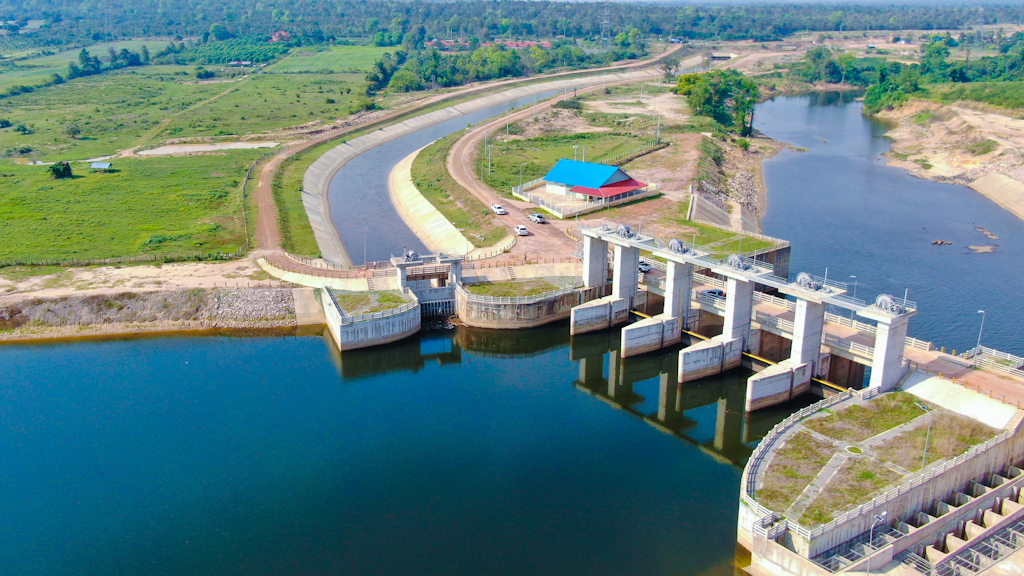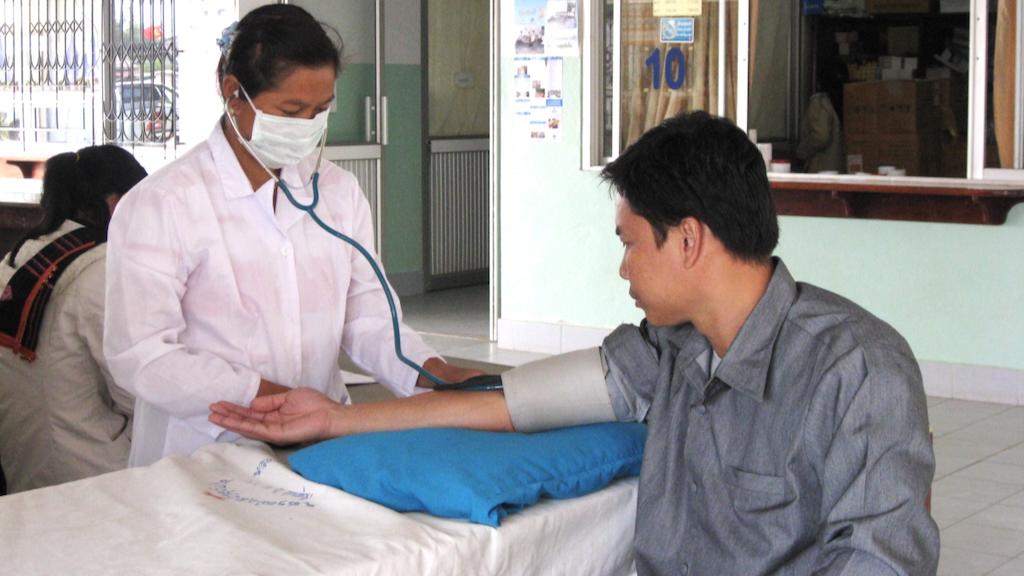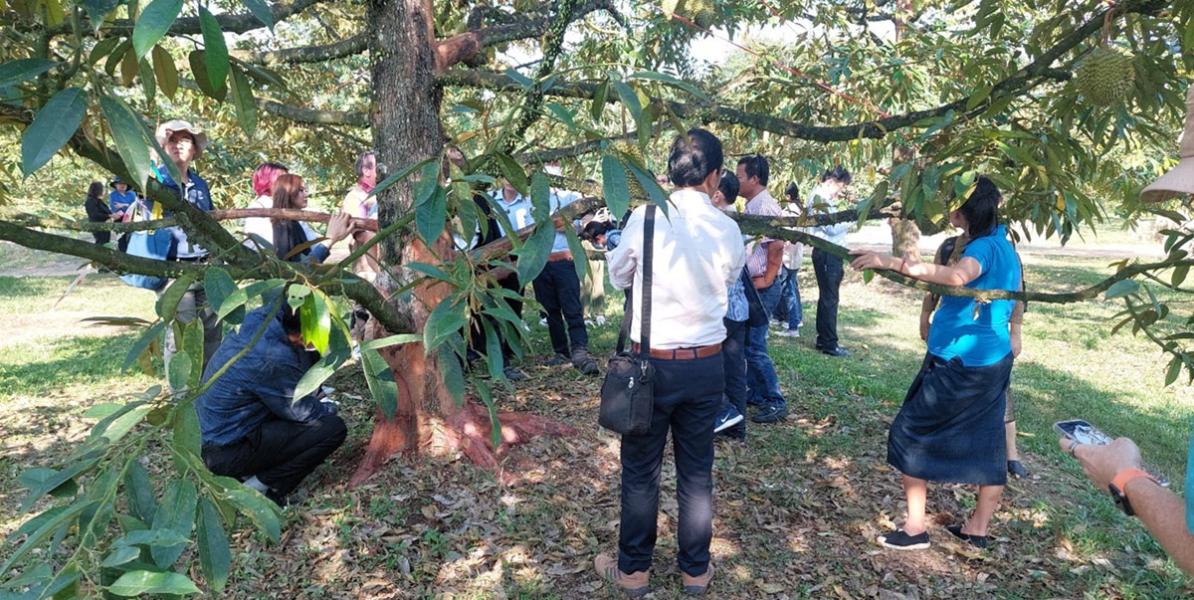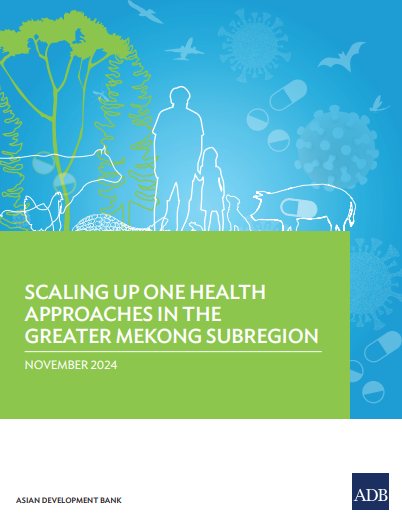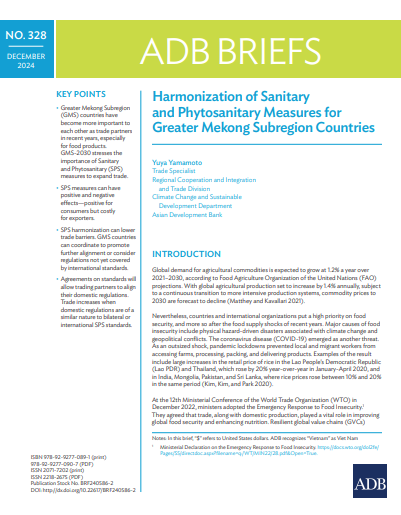Phnom Penh Joint Statement on Prevention of Plastic Pollution in the Greater Mekong Subregion
In a milestone moment for GMS-wide environmental collaboration, the representatives of the GMS ministries of environment pledged to work together to address the mounting issue of plastic waste pollution in the subregion. The endorsed Phnom Penh Joint Statement on Prevention of Plastic Pollution in the Greater Mekong Subregion represents the commitment of the six countries to address the ecological, economic, and societal challenges posed by plastic waste in the GMS.


